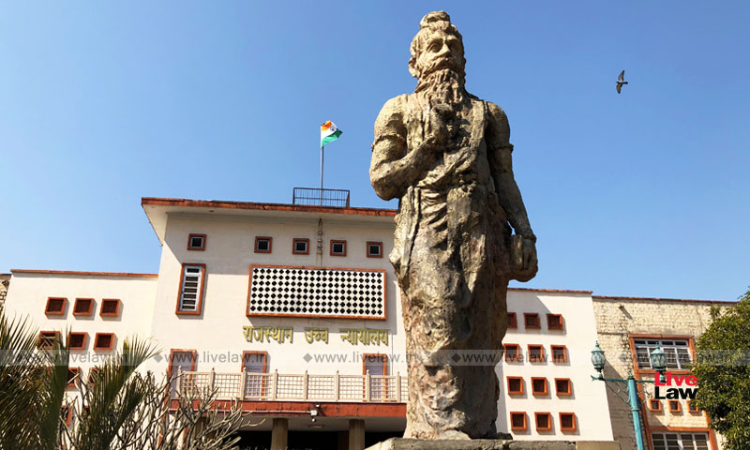The Rajasthan High Court has observed that if any litigation, with passage of time or due to prolonged life of the litigation has lost its merits, the parties should be advised not to pursue such lumber litigation unwarrantedly on merits, taking immense judicial time of courts for no good results. Justice Sudesh Bansal, while dismissing the first appeal as it being devoid of...

